To give one's life is a right only when one gives it unselfishly
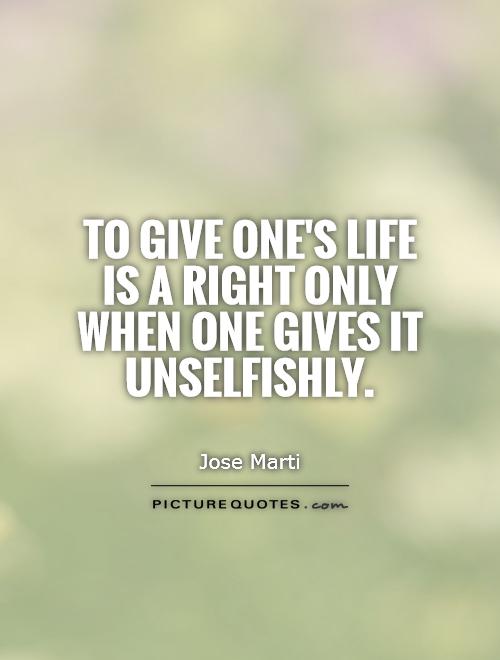
To give one's life is a right only when one gives it unselfishly
José Martí, a Cuban national hero and revolutionary thinker, believed in the power of selfless sacrifice for the greater good of society. He understood that giving one's life for a cause is a noble act, but only when done with pure intentions and without selfish motives. Martí's philosophy on selfless sacrifice can be seen in his writings and actions, as he dedicated his life to fighting for Cuban independence from Spanish colonial rule.Martí believed that true freedom and justice could only be achieved through selfless sacrifice and unwavering dedication to the cause. He saw the struggle for independence as a collective effort that required individuals to put aside their personal interests and desires for the greater good of the nation. Martí himself exemplified this belief through his tireless work as a writer, poet, and revolutionary leader, inspiring others to join him in the fight for Cuban independence.
In his famous essay "Nuestra América" (Our America), Martí wrote about the importance of selfless sacrifice in the pursuit of freedom and justice. He argued that true patriotism is not about personal gain or glory, but about serving the common good and fighting for the rights of all people. Martí believed that those who give their lives for a just cause do so out of love for their country and a desire to create a better future for future generations.
Martí's own life story is a testament to his belief in selfless sacrifice. He spent years in exile, traveling across Latin America and the United States to gather support for the Cuban independence movement. Despite facing numerous challenges and setbacks, Martí remained committed to his cause and never wavered in his dedication to the fight for freedom.
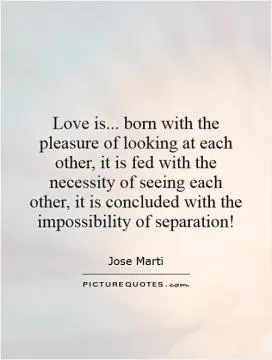
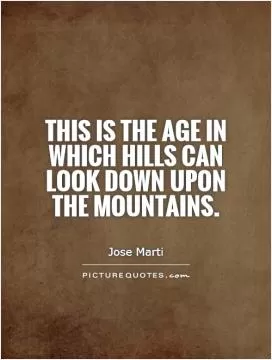
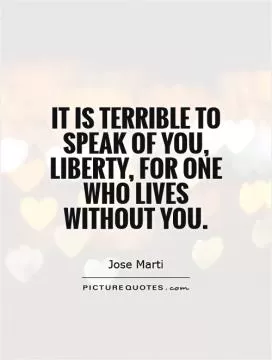


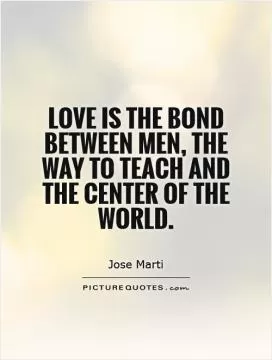

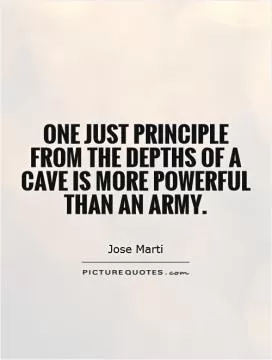

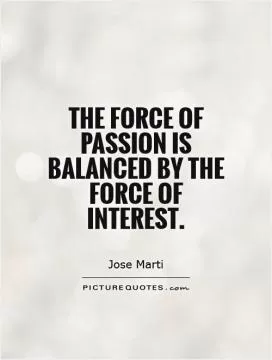

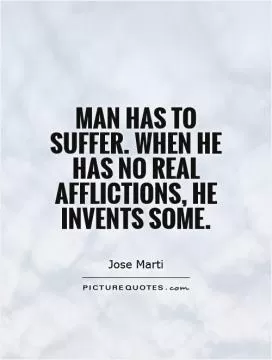
 Friendship Quotes
Friendship Quotes Love Quotes
Love Quotes Life Quotes
Life Quotes Funny Quotes
Funny Quotes Motivational Quotes
Motivational Quotes Inspirational Quotes
Inspirational Quotes